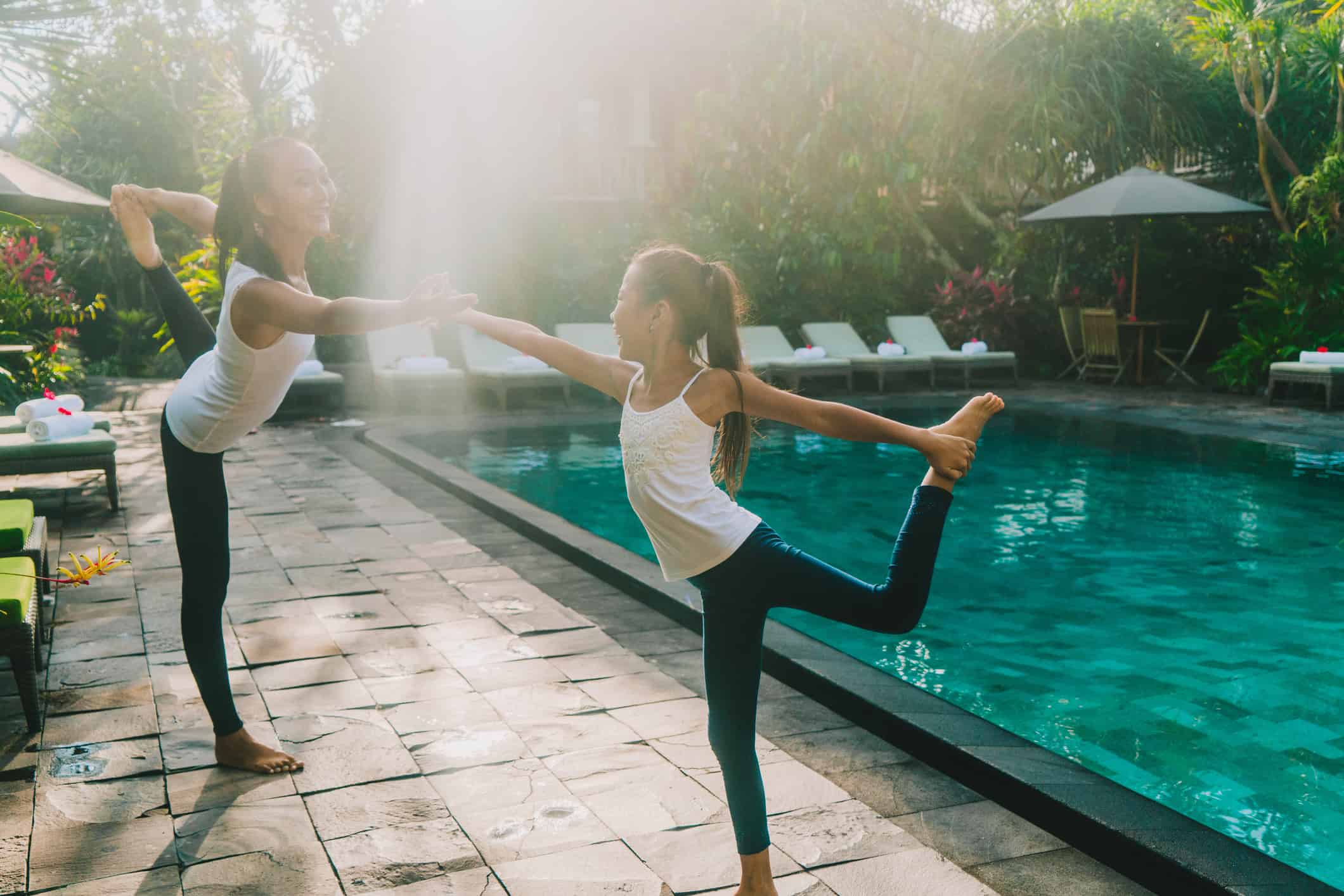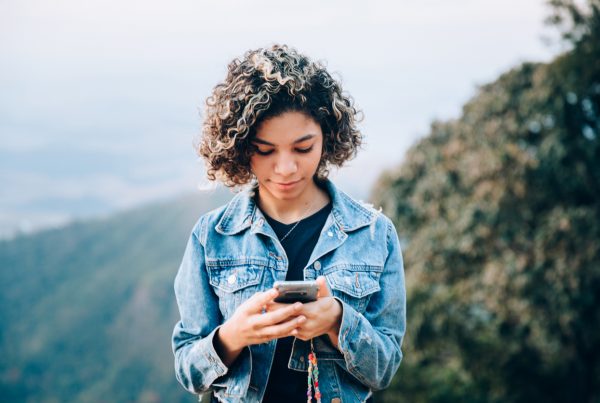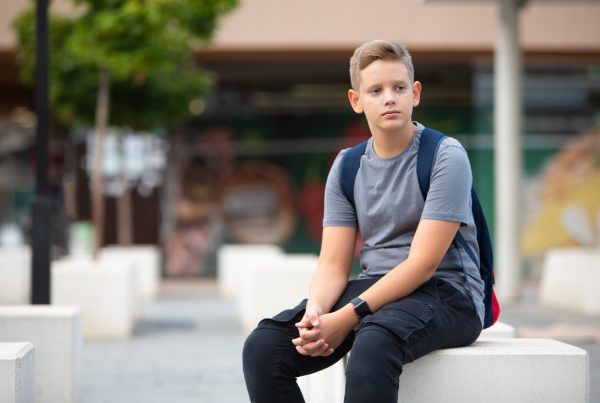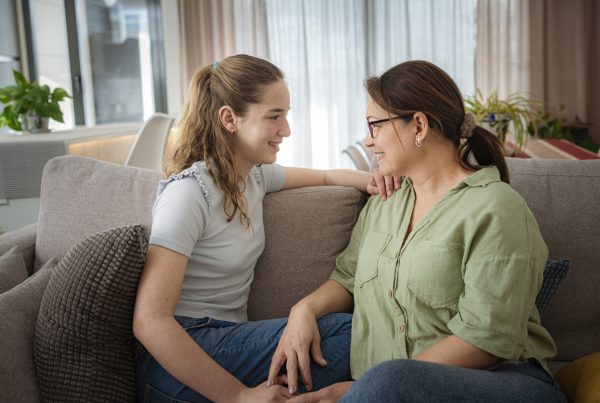At first, being able to skip going to classes and avoid family gatherings may have sounded like a perfect teenage mental wellness getaway. Then, as time under quarantine and social distancing guidelines wear on, what started out as a vacation can start to feel like a prison sentence.
Not going to class can also mean not getting to experience sporting events, dances, or even a graduation ceremony. Not being able to leave the house can mean not getting to see any of your friends, and can result in an excessive amount of time spent holed up in a room. All the while, there is also a looming uncertainty of what the future will look like now that COVID-19 has entered the scene.
Experts are beginning to warn society about the stress that this social shutdown can have on teenagers. Teenagers are at a vital point in their life development. Teen years are spent finding out what life as an adult is going to consist of, and the current state of the world has spiraled that exploration of the future in an entirely new direction.
The world that teenagers of today are facing will be much different from the one that generations before were eased into, and no one is able to assure them of what to expect. This insecurity about the future can mean added stress on the developing teenage psyche, and requires that teens – and society at large – get creative with their self-care.
–
Boost Mental Wellness Through Exercise
Being socially distanced doesn’t mean that you can’t get your exercise. Staying active is good for the brain, good for the mood, and good for the body. Physical activity can provide a break from mental tasks, allowing you to come back to a problem with renewed focus. It boosts your endorphins, which are a feel-good, natural, chemical.
These endorphins make it harder to feel negative feelings such as depression and anxiety while your blood is busy pumping them throughout your body. The physical actions of exercise increase circulation, build muscle tone, and can contribute to a better sense of self-esteem and improved body image.
–
Engage in Backyard Activities
If you are lucky enough to have a swimming pool or a trampoline in your backyard, your access to outdoor physical activity is set. For others, setting up a makeshift basketball court on the patio or stringing a volleyball net across the lawn may do the trick. Don’t forget that projects like building a treehouse or hoeing up the ground for a garden count as physical exercise, too.
–
Participate in Responsible Group Activities
While you can’t yet hit the gym for your workout needs, there are other ways to experience that camaraderie of group exercise while maintaining social distancing. Some fitness facilities have moved their classes online, meaning that you can keep both your exercise routine and your group support going from the comfort of home. There is also the opportunity to get friends and family involved in neighborhood exercise, which gets you out into the sunshine and ensures ample space for social distancing.
–
Stimulate Creative Thinking Skills
If you have ever sat around and daydreamed what it would be like to be the next Tony Hawk or what it would feel like to be a kid on four-wheeled roller skates in the 1950’s, now is the time to make those types of daydreams a reality. Local stores may be closed, but online sales are still in full swing. Get yourself that new skateboard, pair of roller skates, pogo stick, or unicycle, and turn your exercise routine into learning a new skill.
–
Stay Connected Through Virtual Interaction
If there is a silver lining to this shift into being a remote society, it is that there is no generation more prepared to do so than the current teenager population. While video chats and online banter cannot substitute for a warm hug from a friend, it can at least provide relief from feeling utterly socially isolated from peers. Social connection is one of the best safeguards against the development and exacerbation of many mental health disorders, and can even contribute to better physical health.
–
Vlogs and Blogs
Being stuck at home means that a good amount of time can be spent browsing the Internet, searching out topics and people whom you really connect with. Vlogging platforms like YouTube have grown exponentially in popularity over the years, providing a smorgasbord of opportunity to connect with others. If video posts aren’t your thing, opportunities to express your individuality through text exist, as well. Documenting and sharing your experiences with others during life in quarantine can be a great way of relieving some stress.
–
Video and Audio Chats
Gamers have known about the ease of online chat for decades. There are a myriad of digital programs which will allow you to stay in contact with your friends, even while you go about completing other tasks. Staying in connection with friends during your online classes can provide a sense of connection similar to what occurs in a classroom. Throw in a pair of wireless headphones, and you can even take your friends along with you while you move about the house.
–
Texts and Phone Calls
At the beginning of all of these virtual connection mediums was the good, old, telephone. Grandma may not be able to figure out how to connect over Zoom, but she can still provide support and love through a regular phone call. Many in the older generations have even adapted to utilizing text messages, sometimes with hilarious results.
–
Boost Mental Wellness Through More Laugher
When it comes to relieving stress and giving your mental wellness a boost, laughter can truly be the best medicine. If you need inspiration, the internet is ripe with memes, fail videos, and stand-up comedy routines. Whether you end up laughing by yourself, or sharing the funny with others, incorporating some laughing time into your daily routine will work wonders for your mood.








